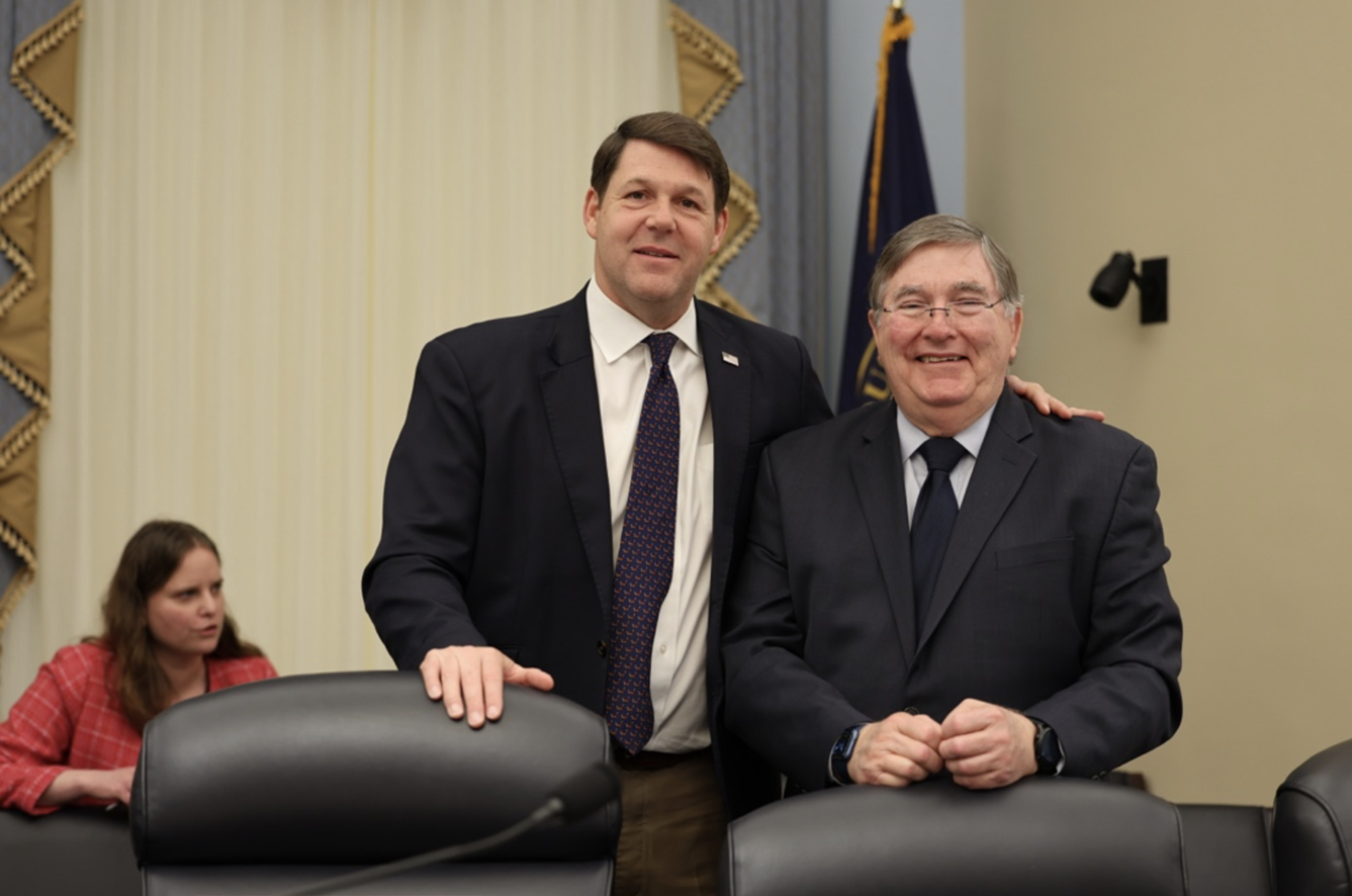Health Care Task Force Chair Burgess Calls for Smarter Approach to Health Care Budgeting
The nation’s dire fiscal condition is an illness that demands strong fiscal courage to remedy. Leading the charge on this is House Budget Committee Health Care Task Force Chair Rep. Michael C. Burgess, M.D. (R-TX).
As the most senior physician in Congress, Rep. Burgess has outlined his solutions for outdated budgeting practices in an Op-Ed first featured in the Washington Examiner. He has championed the need for a better analysis of preventive health care legislation, emphasizing the potential for long-term savings. Rep. Burgess stresses the urgency of confronting fiscal challenges and promotes innovative strategies to better grasp the budgetary implications of legislation.
Word on the Street Via Washington Examiner:
- “Washington’s insatiable appetite for spending on major health programs is a principal cause of our ever-expanding waistline of red ink. Focusing more on preventive health is a way to start exercising a better federal budgetary diet.”
- “Currently, however, our efforts to recognize and account for “prevention” as a money-saving instrument are minimized by the way Congressional Budget Office (CBO), the legislative branch’s principal scorekeeper, measures the costs.”
- “Right now, CBO analyzes the impact of preventative health legislation over the first decade of a government program and only tallies the costs, but does not take any longer-term savings into account. This is akin to counting the short-term costs of investing part of your paycheck into a retirement account while ignoring the future benefits of financial security.”
- “Getting better information for Congress and the public about these long-term savings and benefits is why is why the House Budget Committee, on which I serve, is advancing The Preventive Health Savings Act (H.R. 766) this week. It directs the Congressional Budget Office (CBO) to accurately reflect the transformative cost-saving potential of preventative healthcare initiatives.”
- “We should not let old, rigid accounting rules stand in the way of innovation. Considering the long-term benefits of investments in prevention and recognizing their potential dividends offers a fresh perspective on bending the healthcare cost curve and getting our fiscal house in order.”
The Big Picture:
According to CBO, spending on all federal health programs combined is expected to rise by a massive 82% over the next 10 years. Outlays for Medicare show the program is set to double in spending over the next decade from $1 trillion in 2023 to more than $2 trillion in 2033. Medicaid is likewise projected to grow by 48% over the next decade, and spending on subsidies for the Affordable Care Act is set to rise about 38% during the same decade.
These escalating health care costs are a significant contributor to the burgeoning debt. The exponential growth projected in major health programs underscores the urgency of addressing this issue.
The true value of these preventive health care initiatives is underestimated by solely considering the short-term costs without accounting for long-term savings.
The Bottom Line:

Chairman Arrington (left) and Health Care Task Force Chair Rep. Burgess (right)
Today, H.R. 766 the “Dr. Michael C. Burgess Preventive Health Savings Act” passed out of committee by a bipartisan vote of 30-0. This bipartisan bill seeks to reform CBO's approach by extending the analysis horizon to capture long-term impacts.
By providing a more comprehensive assessment of preventive health care measures, policymakers can make more informed decisions on policies that improve the nation's long-term fiscal health.
Embracing a forward-thinking approach to address rising health care expenditures, the Dr. Michael C. Burgess Preventive Health Savings Act offers a promising pathway towards improving both the nation's fiscal fitness and public health outcomes.
Click HERE to read the Op-Ed
Click HERE to watch the Markup of H.R. 766, H.R. 7032, H.R. 5301.
Click HERE to read letters of support from stakeholders.


